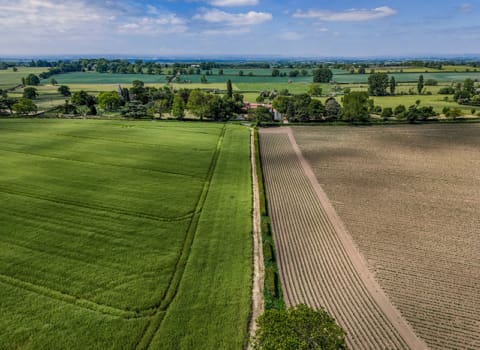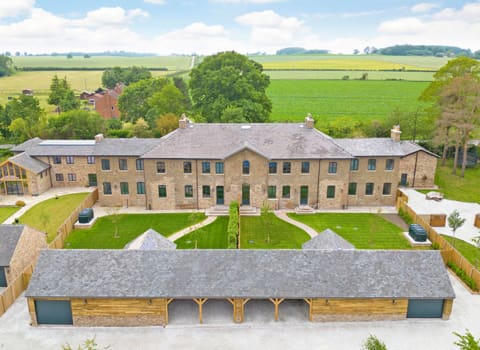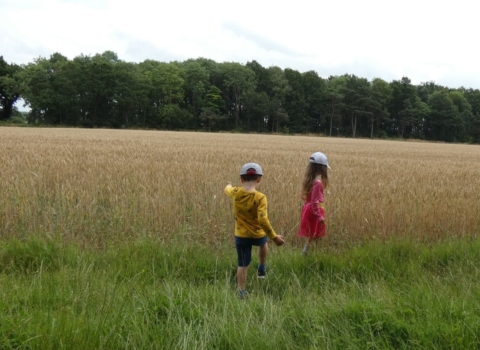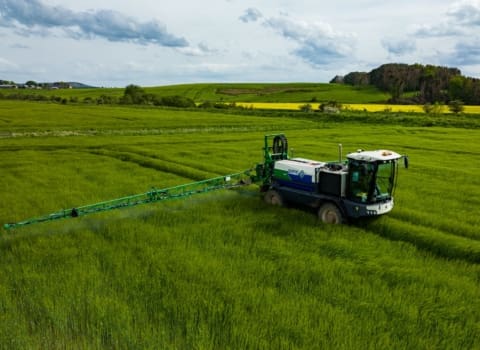Contact our offices
Main office
COLBURN
5 & 6 BAILEY COURT
COLBURN BUSINESS PARK
RICHMOND
NORTH YORKSHIRE
DL9 4QL
Estate Agency Offices are located in
BARNARD CASTLE, BOROUGHBRIDGE & RICHMOND
Residential Management Team
Our Offices
- Alnwick
01665 568310
Email Officealnwick@gscgrays.co.uk - Barnard Castle
01833 637000
Email Officebarnardcastle@gscgrays.co.uk - Boroughbridge
01423 590500
Email Officeboroughbridge@gscgrays.co.uk - Chester-Le-Street
0191 3039540
Email Officechester-le-street@gscgrays.co.uk - Colburn
01748 897630
Email Officecolburn@gscgrays.co.uk - Driffield
01377 337180
Email Officedriffield@gscgrays.co.uk - Hamsterley
01388 487000
Email Officehamsterley@gscgrays.co.uk - Hexham
01434 611565
Email Officehexham@gscgrays.co.uk - Kirkby Lonsdale
01524 880320
Email Officekirkbylonsdale@gscgrays.co.uk - Penrith
01768 597005
Email Officepenrith@gscgrays.co.uk

Stockproof Fencing – Is the land owner or tenant responsible?
What Does the Stock Proof Fencing and Liability Case of Williams v Hawkes (2017) EWCA Civ1846 tell us?
All too frequently land owners and tenants are confronted with the problem of who is responsible for maintaining a stockproof fence between their property and that of their neighbours. Title documents sometimes provide clarity as to who has a positive obligation to maintain fences but not withstanding contractual obligation, the Animals Act of 1971 provides stark guidance on the various legal responsibilities.
The Act has recently been explored in the Court of Appeal case of Williams v. Hawkes, where a Charolais beef steer was found to have run onto a dual carriageway after first jumping a 6ft high fence and running for over a mile through further hedges and fences. The animal’s subsequent collision with a car resulted in serious injuries for the driver and death of the animal.
The Act provides, under Section 2, that the keeper of animals which are likely to cause damage, unless restrained, is liable for damage. In this case, the livestock keeper’s conduct was found to have been impeccable and the fencing was deemed to be entirely appropriate. The keeper was deemed not to have acted negligently. However, he was liable for the damage caused by the animal under Section 2 of the Act. Furthermore, Section 4 of the Act provides that a livestock owner is liable for damage from strays that enter anothers property.
The well-worn phrase “a farmer is responsible for fencing against his own stock” is therefore a useful reminder given the extent of the liability without negligence established in the case of Williams v Hawkes. Reviewing one’s deeds to establish contractual fencing obligations with neighbours may show that they need to carry some of the boundary maintenance burden. However, it is important to recognise that ownership of livestock carries legal responsibility, both on and off the farm, and therefore insurance against the liability of an animal escaping, as well as against a negligence claim, still remains an important area of cover to hold.
Simply fencing in a responsible manner alone cannot provide the necessary peace of mind, especially as in this case the matter dates back to an accident that took place in 2011.









